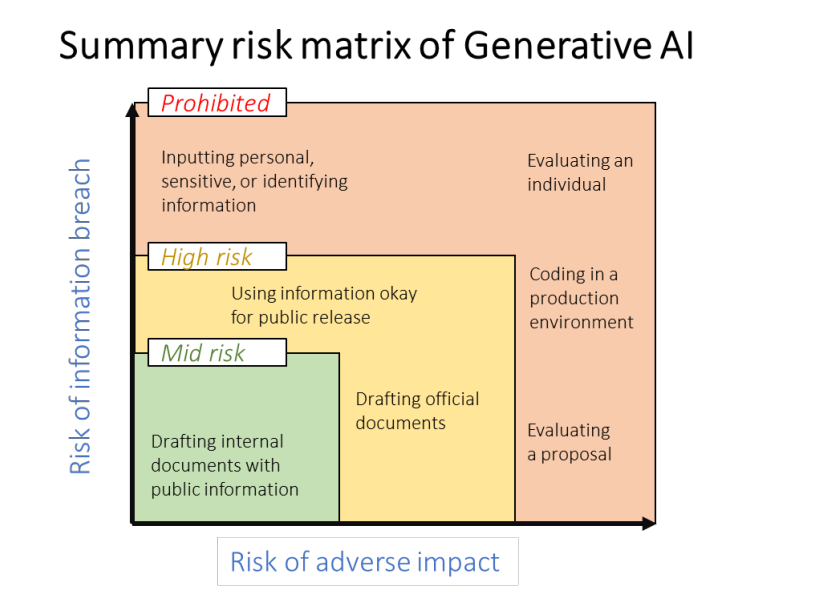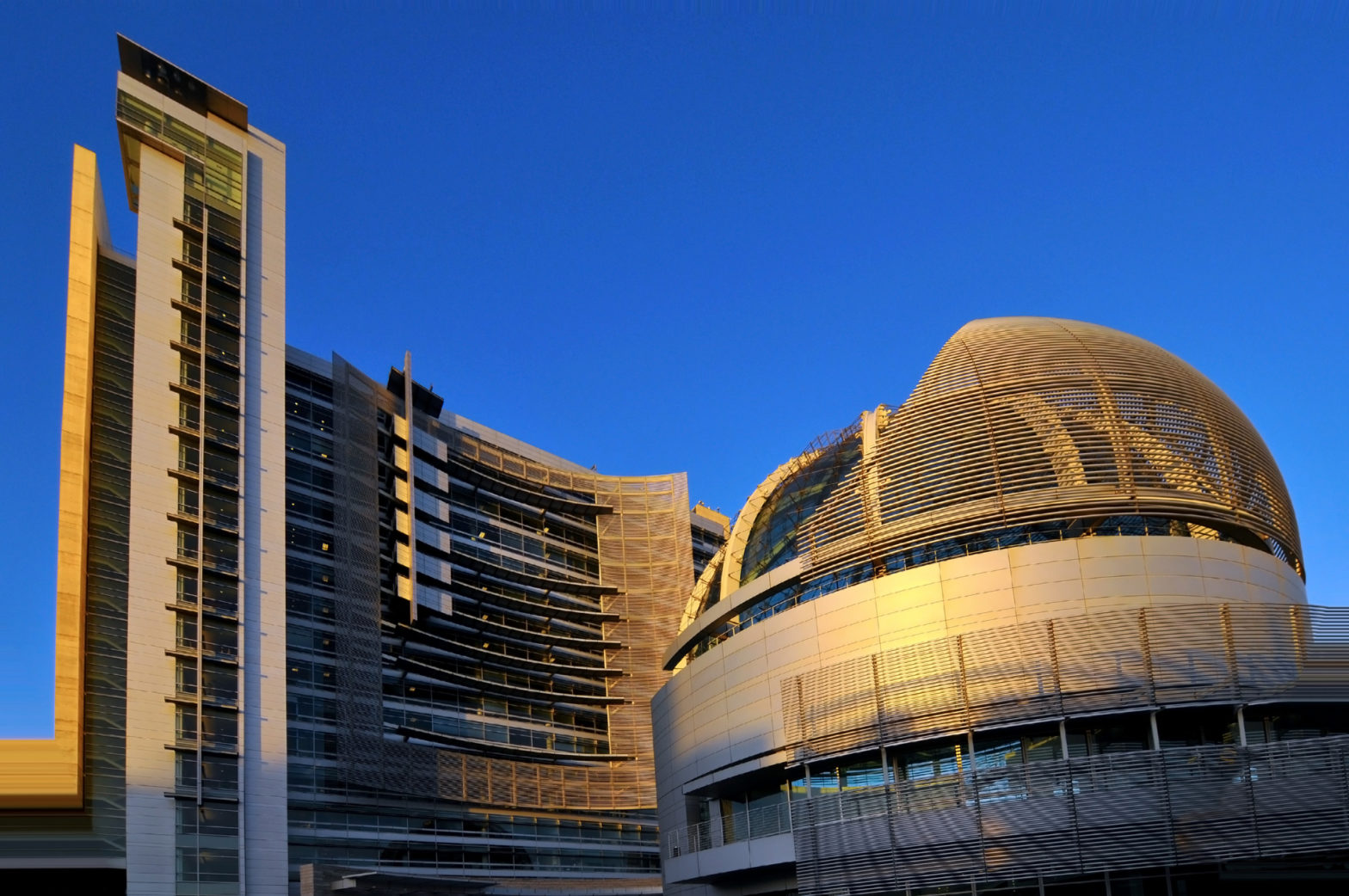
Photo: Waingro | Dreamstime.com
San Jose’s generative AI guidelines include public records reminder
25 July 2023
by Sarah Wray
San Jose, California is the latest city to establish guidelines for staff on using generative artificial intelligence (AI) tools such as ChatGPT, Google Bard and Stable Diffusion.
The guidelines, developed by the Information Technology department, state that: “The City recognises the opportunity for a controlled and responsible approach that acknowledges the benefits to efficiency while minimising the risks around AI bias, privacy, and cybersecurity.”
The 23-page document outlines five rules that staff must follow “as a baseline”.
The first is that: “All information you enter is subject to a Public Records Act (PRA) request.”
The guidance notes that information entered into ChatGPT and other generative AI systems can be viewed by people in their companies, so is considered ‘released to the public’ for purposes of the PRA.
Staff should: “Presume anything you submit could end up on the front page of a newspaper.”
The rules also say that staff should review and fact check any output from generative AI and that “the human user is responsible for any material created with AI support”. Any statement of fact “must cite a credible source rather than AI”.
Citations needed
Employees are instructed to cite when generative AI has been used to create content, such as through footnotes that include the system that was used and confirmation the information was fact-checked. They also need to record their use of generative AI via an internal form to help the city understand how staff are using the tools.
The guidelines direct staff to set up generative AI accounts specifically for use in their city work.
The rules say staff should refer back to the guidance document quarterly, as it will be updated regularly.
Potential use cases for generative AI include summarising documents, learning about a new topic, drafting internal messages and public-facing documents, and drafting requests for proposals.
The document includes a risk matrix, with examples and potential mitigations. Prohibited uses include evaluating an individual or proposal, coding in a production environment, language translation, and creating voice or audio content.

Writing on LinkedIn, Rob Lloyd, San Jose’s Deputy City Manager, said: “Sharing superb work by our Information Technology team: San José’s Generative AI Guidelines.
“More than simple principles and short examples, they are working with City of San José departments, the community and partners to provide a robust foundation. We’ll adapt as a lead-in to a future policy. Credit to the collaborators on the excellent work since the start of 2023.”
From here, registered users will be invited to join the Information Technology Department in a working group to share their experience and co-develop the City’s AI policies.
First movers
Other cities around the world are getting to grips with generative AI.
After a month-long, city-wide trial of OpenAI’s ChatGPT, the Japanese city of Yokosuka has decided to adopt the tool into municipal operations. The city also appointed an AI strategy advisor.
In May, Boston in the US issued guidelines for staff on using generative AI in their work and encouraged them to “experiment responsibly”. The city also switched on Google Bard as part of its enterprise use of Google Workspace.
Seattle has adopted a similar policy and set up a Policy Advisory Team which will make recommendations to the Chief Technology Officer this autumn on a formal generative AI policy.
Writing in Wired, Beth Noveck, Director of the Burnes Center for Social Change at Northeastern University, praised Boston’s early action.
She is listed in the acknowledgements of Boston’s guidelines as a contributor to their development.
Noveck said: “These principles represent a shift from fear-mongering about the dangers of AI to a more proactive and responsible approach that provides guidance on how to use AI in the public workforce.”
“Boston’s generative AI policy sets a new precedent in how governments approach AI,” she added. “By supporting responsible experimentation, transparency, and collective learning, it opens the door to realising the potential of AI to do good in governance.”
Noveck said if more public servants and politicians embrace these technologies, practical experience can inform sensible regulations.
Other governments experimenting with generative AI include Singapore and Dubai.







